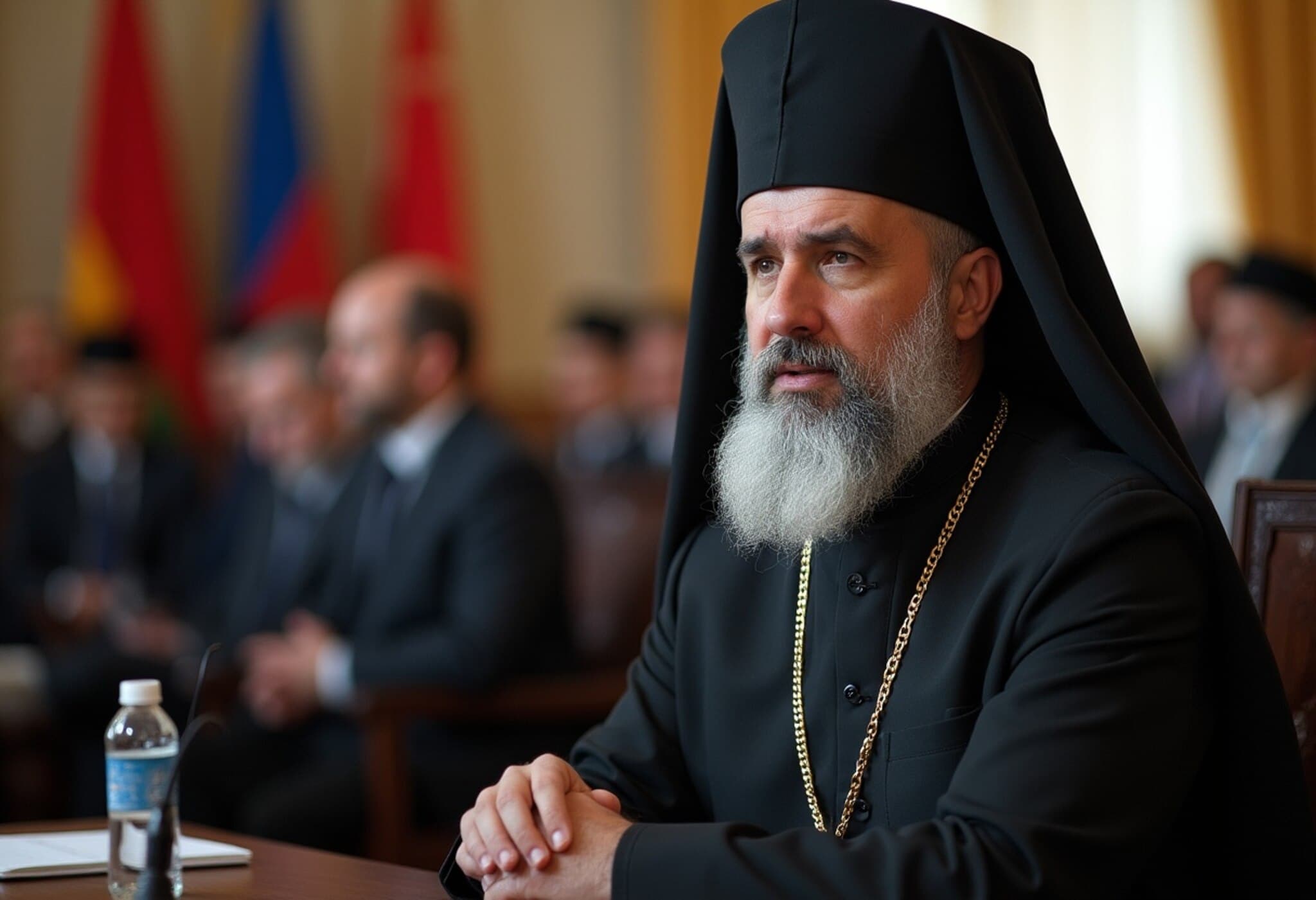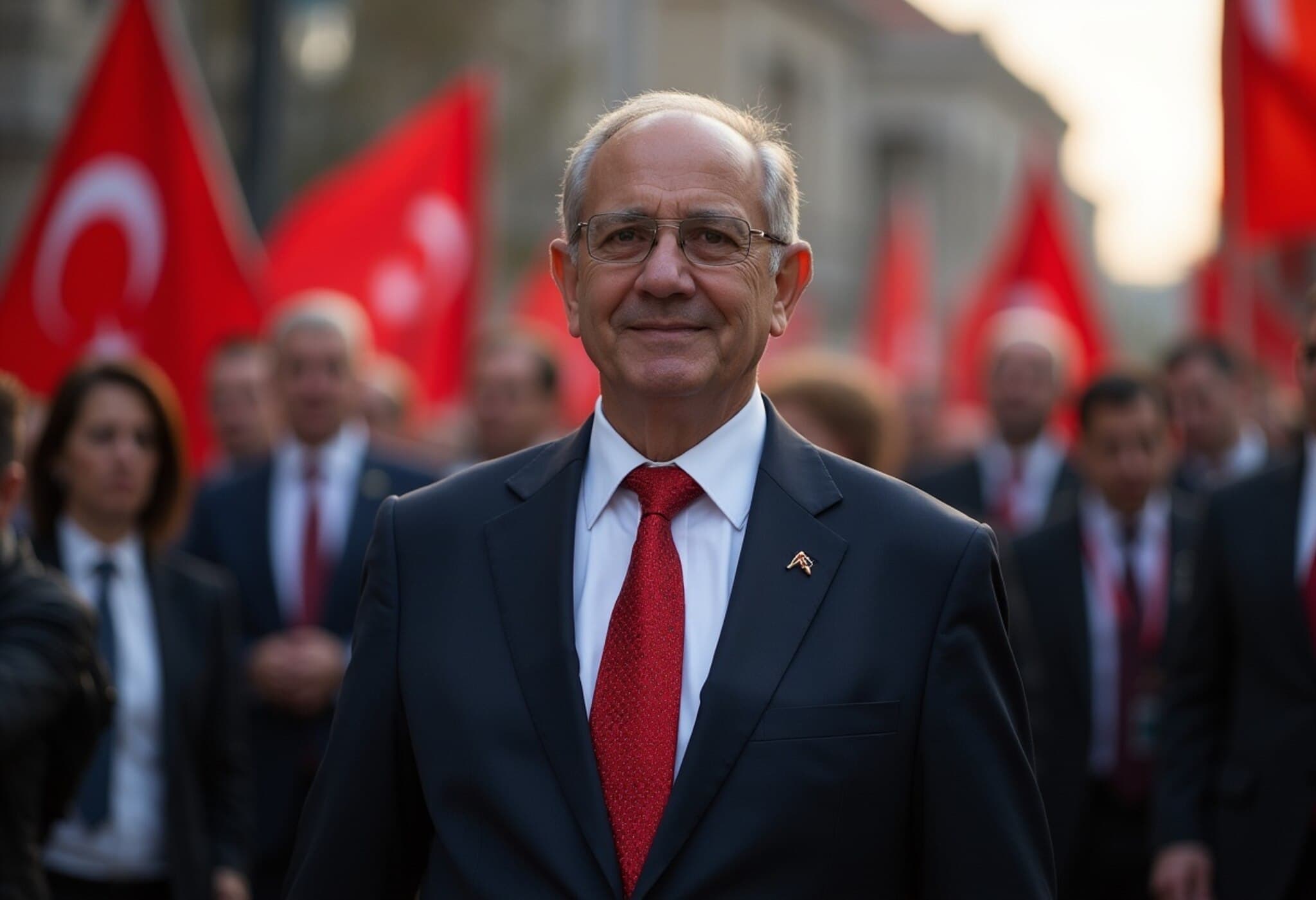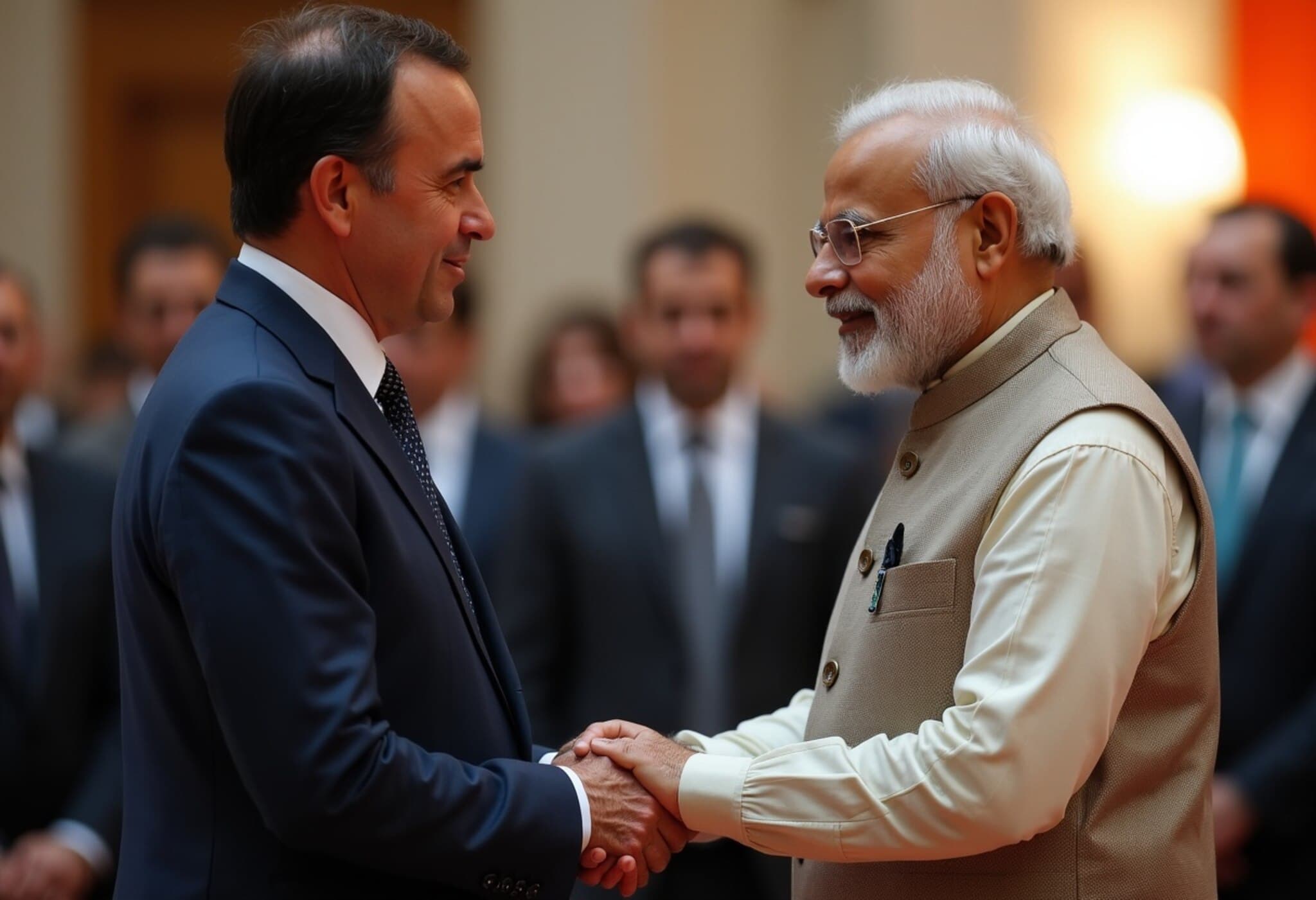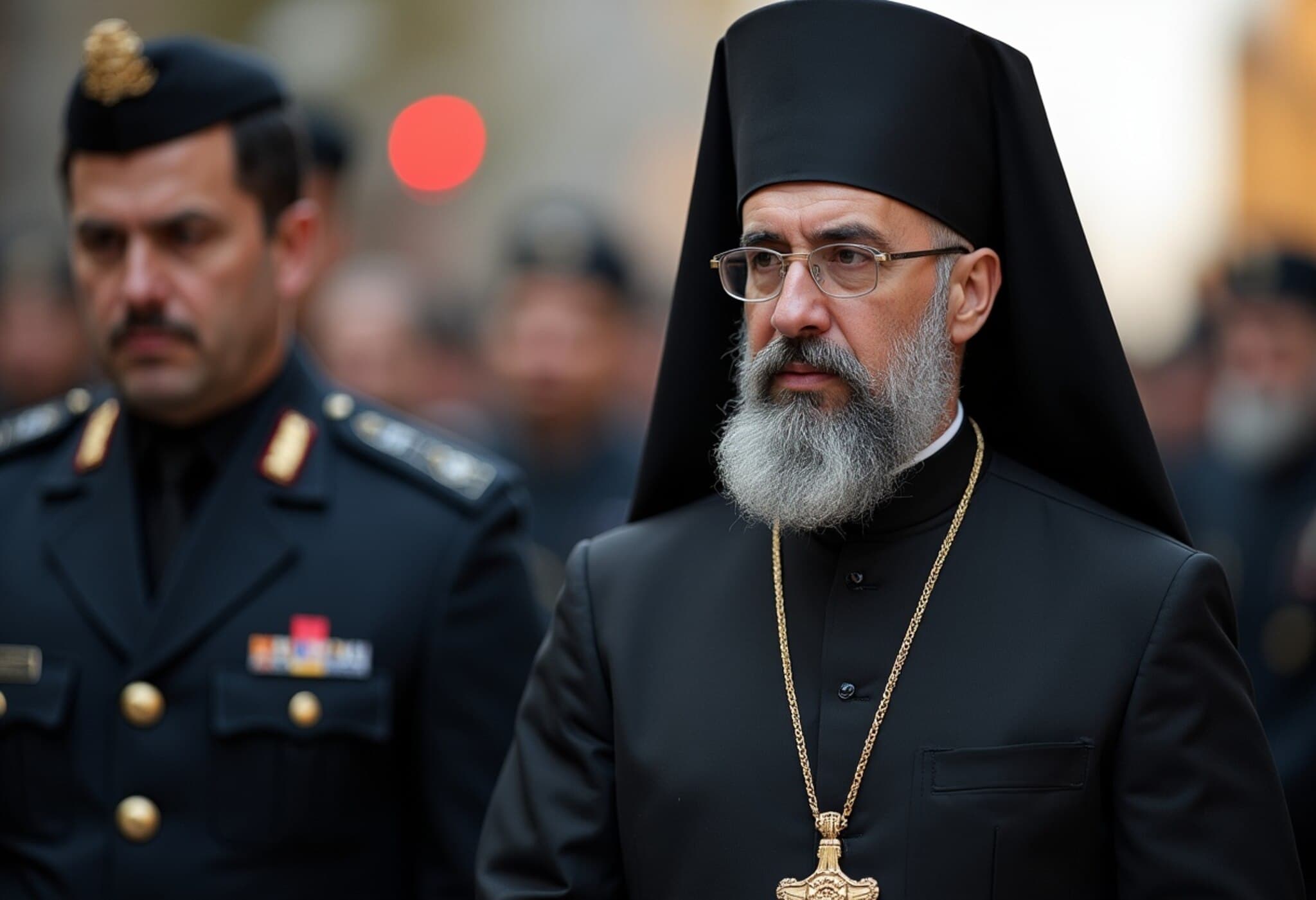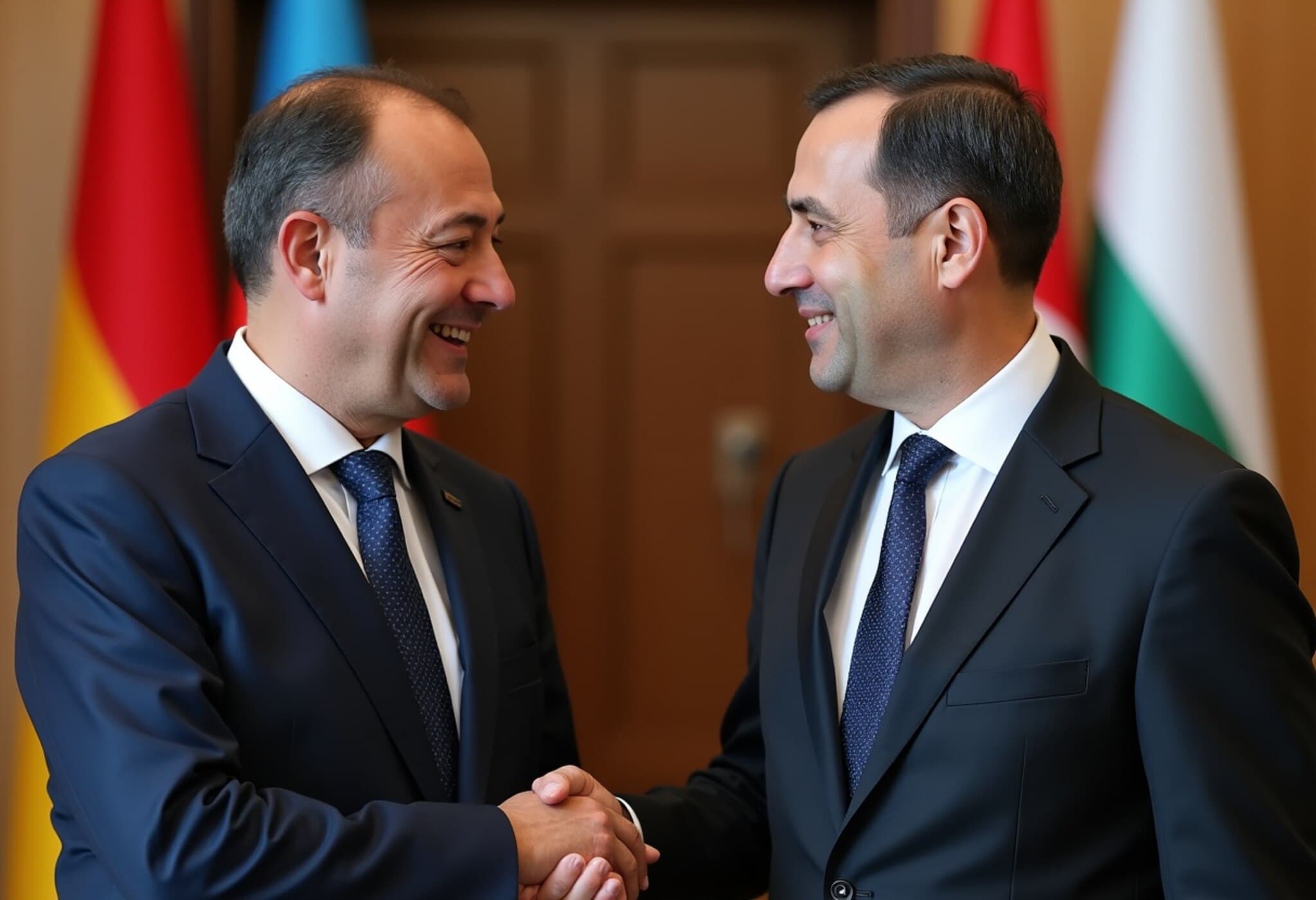Armenian Security Forces Halt Coup Plot Led by Senior Clergyman
On Wednesday, Armenia's Prime Minister Nikol Pashinyan announced that security forces had successfully disrupted a coup attempt orchestrated by a senior cleric, intensifying tensions between the government and the Armenian Apostolic Church.
Background of Political and Religious Turmoil
Since 2020, Pashinyan has found himself increasingly at odds with the church leadership, notably with Catholicos Garegin II. This rift deepened following Armenia’s devastating military setback against Azerbaijan over the disputed Nagorno-Karabakh region.
The conflict left Armenia deeply divided, with the church openly criticizing Pashinyan’s handling of territorial losses and calling for his resignation. In an unprecedented move earlier this month, Pashinyan urged the public to consider removing Garegin II from his position, escalating the discord between state and church.
Details of the Coup Plot
Pashinyan detailed the plot on his Telegram channel, describing it as a “large-scale and sinister plan” devised by what he termed the "criminal-oligarchic clergy" to destabilize Armenia and unlawfully seize power.
The focal figure in the alleged conspiracy is Archbishop Bagrat Galstanyan, leader of the opposition “Sacred Struggle” movement. According to the Armenian investigative committee, since November 2024, Galstanyan sought to overturn the government through unconstitutional means.
- Galstanyan led protests protesting Pashinyan’s concessions to Azerbaijan over lost territories.
- The committee claims he acquired equipment and coordinated with movement members to carry out terrorist acts.
- Authorities are currently conducting searches at the homes of the archbishop and roughly 30 associates.
Reactions and Wider Implications
MP Garnik Danielyan, closely allied with Galstanyan, condemned the investigation as a product of a “dictatorial regime” and asserted the charges were fabricated.
The event underscores the deep divisions in Armenia following Azerbaijan's swift 2023 offensive, which resulted in the loss of Nagorno-Karabakh—a development still fueling political strife as Azerbaijan demands further concessions for peace.
The Armenian Church’s Influence
Armenia has a unique historical relationship with Christianity, being the first nation to adopt it as a state religion in the 4th century. The Armenian Apostolic Church holds special constitutional status and exerts significant influence over society and politics.
This recent confrontation reveals the church's potent role in shaping national affairs and highlights the fragile balance between religious authority and political power in contemporary Armenia.

